Are you ready to take your academic journey to the next level? Enrolling in an online course can open doors to new knowledge and skills, all from the comfort of your home. Whether you're looking to advance your career or explore a new subject, the possibilities are endless in the digital learning landscape. Join me as we dive into the essential steps for successfully enrolling in an academic online course!
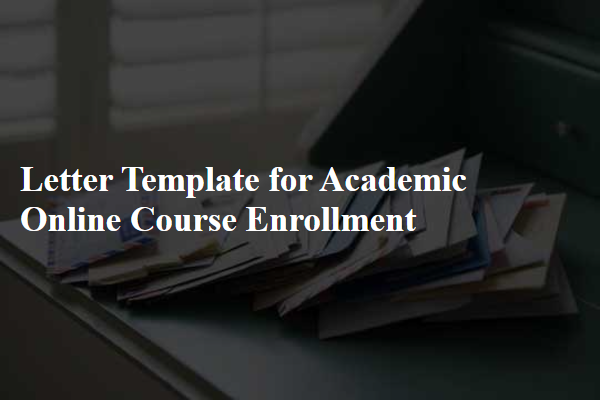
Personal Information
Enrollment in academic online courses requires comprehensive personal information to ensure accurate registration and effective communication. Essential details include full legal name (as per identification documents), date of birth (for age verification and eligibility), and contact information (such as email and phone number). Additionally, residential address (including city, state, and zip code) is necessary for mailing physical materials. Educational background (previous institutions attended and degrees obtained) aids in course placement and prerequisites assessment. Emergency contact information (name and relationship) is also crucial for safety and communication purposes. Furthermore, demographic information (such as gender and ethnicity) may be requested for institutional reporting and diversity initiatives.
Course Details
Enrolling in an academic online course offers a flexible pathway for gaining knowledge and skills. Course details, which include topics such as digital marketing, data analysis, or artificial intelligence, often span several weeks, typically ranging from 8 to 16 weeks. Enrollment usually opens several months before the course start date, with deadlines varying by institution, such as the University of Phoenix or Coursera. Class sizes can range from 15 to over 100 students, fostering diverse discussions and networking opportunities. Many online courses utilize platforms like Moodle or Blackboard, providing tools for assignments, quizzes, and live lectures. Participants may receive certificates or credits upon completion, enhancing their credentials in competitive job markets.
Statement of Interest
An effective statement of interest highlights the applicant's motivation, relevant experience, and future aspirations related to the academic online course. For individuals pursuing a Master's in Data Science, it is crucial to emphasize previous educational credentials, technical skills like programming languages (Python, R), and notable projects, such as predictive analytics for a local health initiative. This statement should also detail the significance of enrolling in a specific program offered by a reputable institution, such as Stanford University's online learning platform, renowned for its innovative curriculum and expert faculty. Applicants should express enthusiasm for the opportunity to engage with diverse peers from varied fields and the potential to apply learned skills in real-world scenarios, contributing to sectors such as healthcare or finance. Ultimately, the statement should convey a clear vision of how this course will facilitate personal and professional growth in the fast-evolving field of data science.
Relevant Background or Experience
Prospective students interested in enrolling in an academic online course often possess diverse backgrounds that enrich their learning experience. Relevant experiences may include formal education, such as a Bachelor's degree in Psychology from a recognized university, where fundamental concepts of human behavior were studied extensively. Professional experience, such as working as a Behavioral Analyst for three years at a community health organization, further enhances the understanding of course material through practical application. Participation in workshops, like the Cognitive Behavioral Therapy (CBT) training seminar held in 2022, may also demonstrate commitment to advancing knowledge in a specific area. Additionally, volunteer roles, such as mentoring high school students in emotional resilience programs, highlight skills in communication and leadership. Together, these elements create a strong foundation for contributing meaningfully to the academic community and successfully navigating the online learning environment.
Contact Information
When enrolling in academic online courses, accurate contact information is crucial. Key details include full name (as registered for official records), email address (for communication and course updates), phone number (for urgent contact or notifications), and mailing address (for physical correspondence or certification purposes). Providing the institution with reliable information helps in receiving timely updates about course schedules, assignments, and important announcements related to the online learning environment.

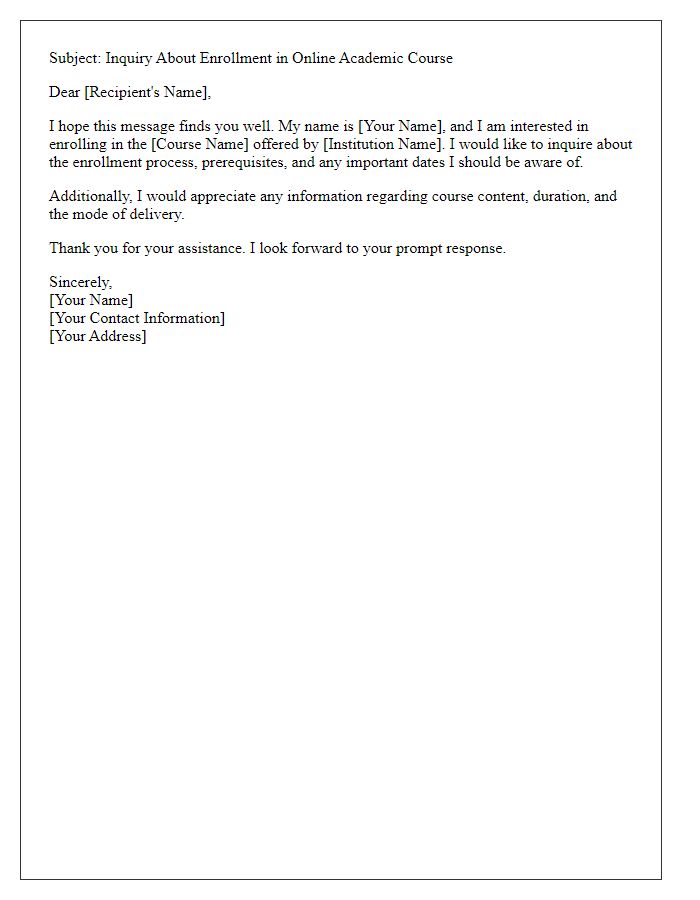
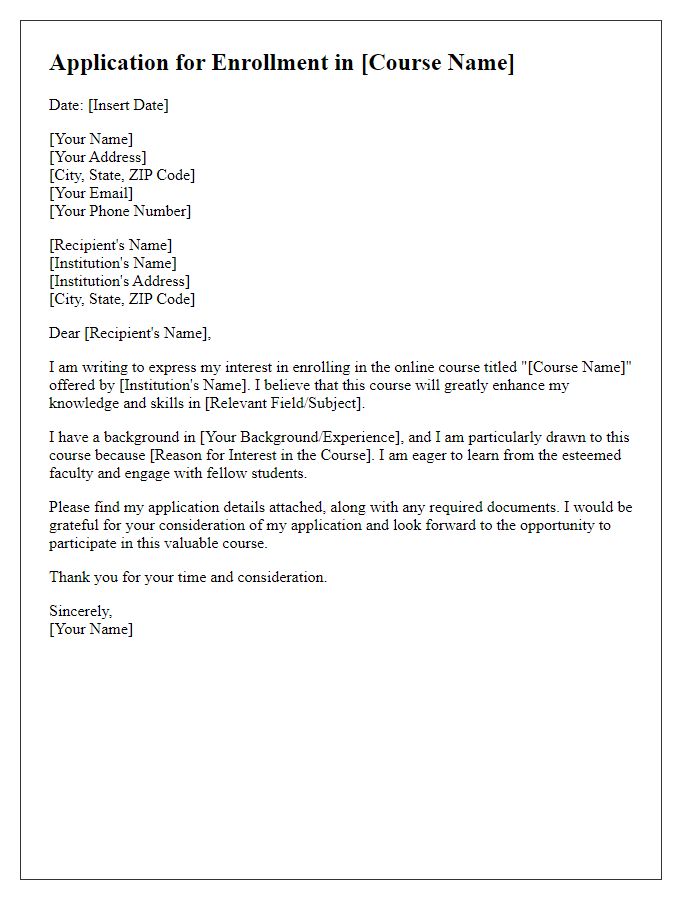
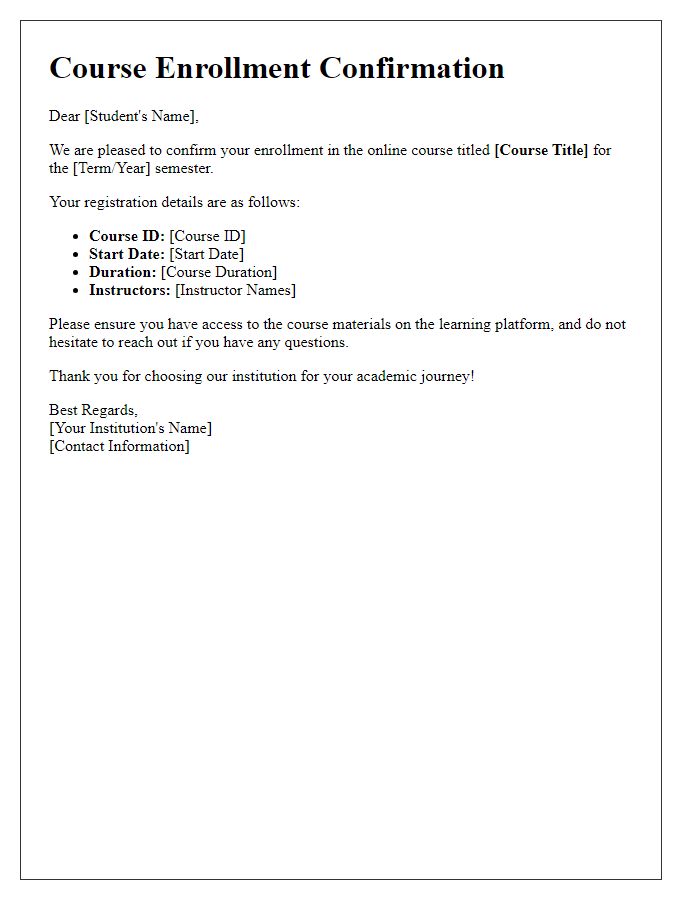
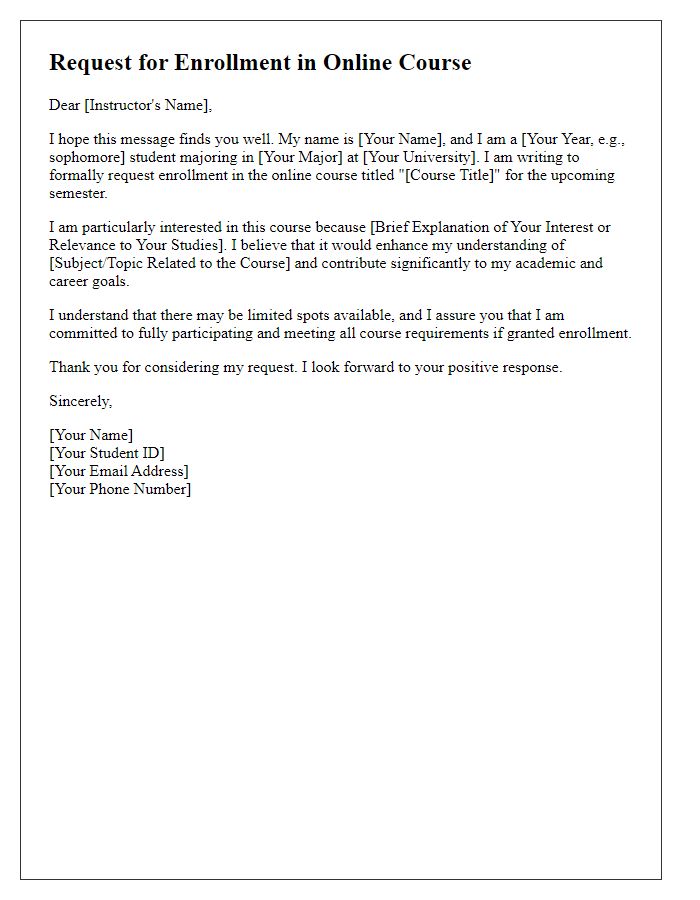
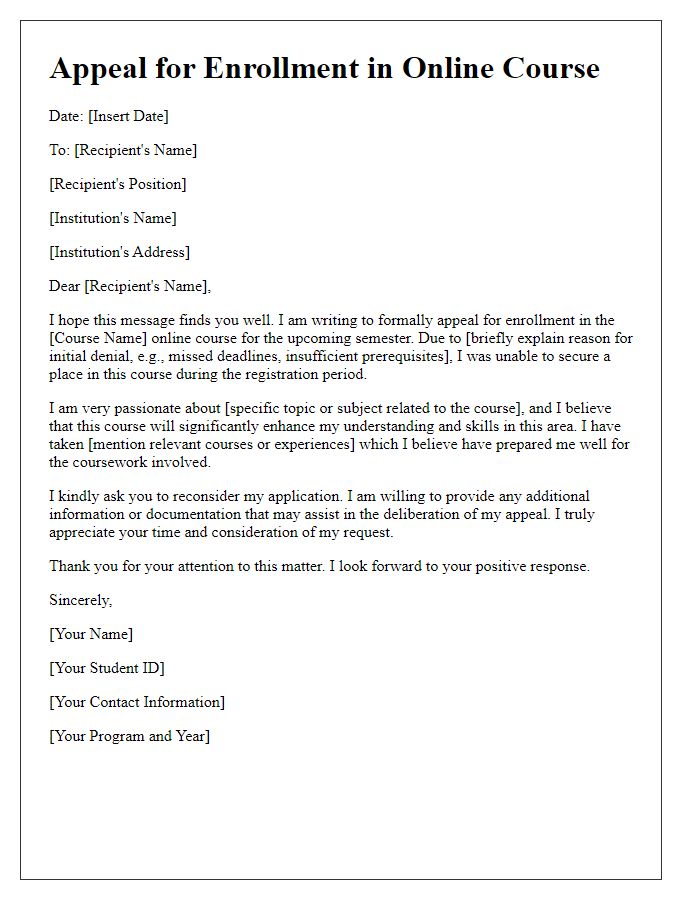
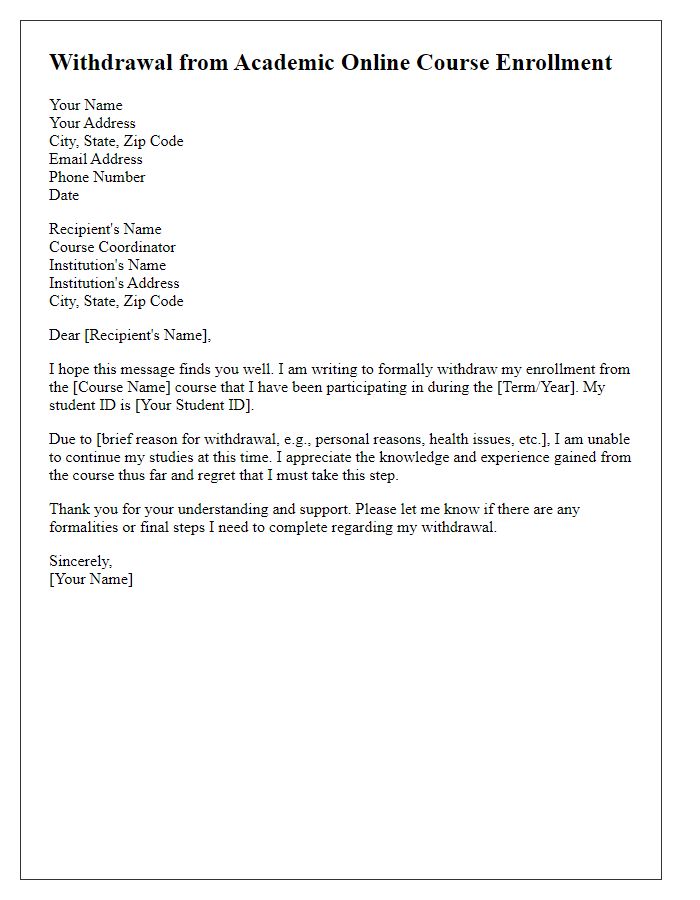
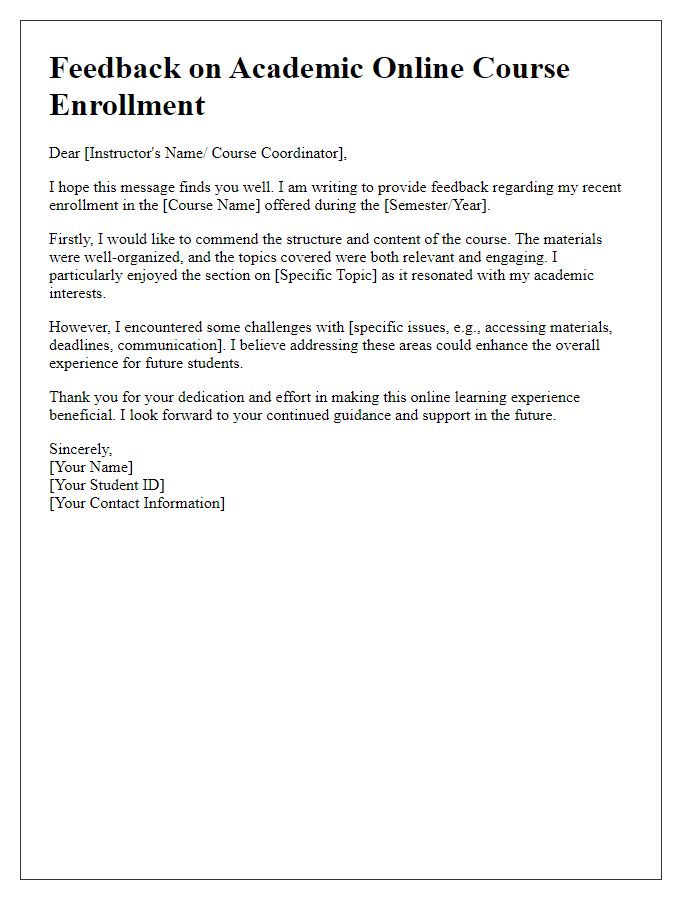
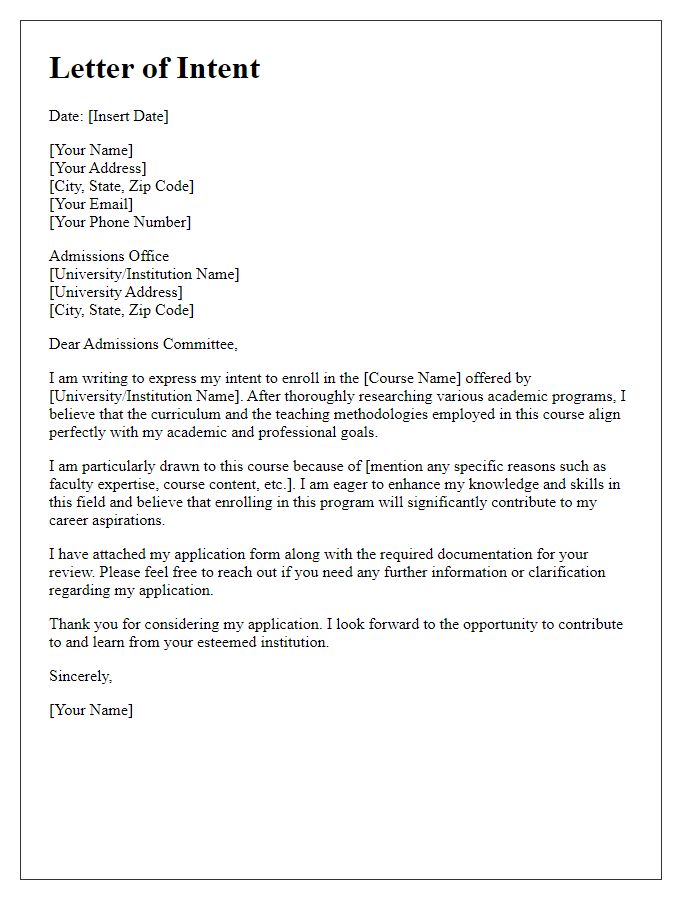
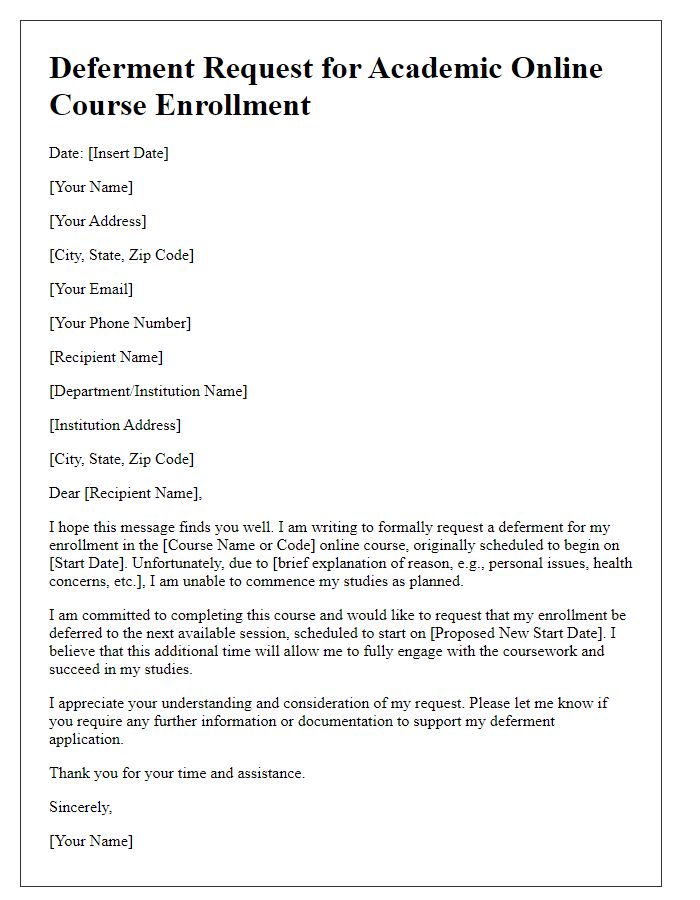
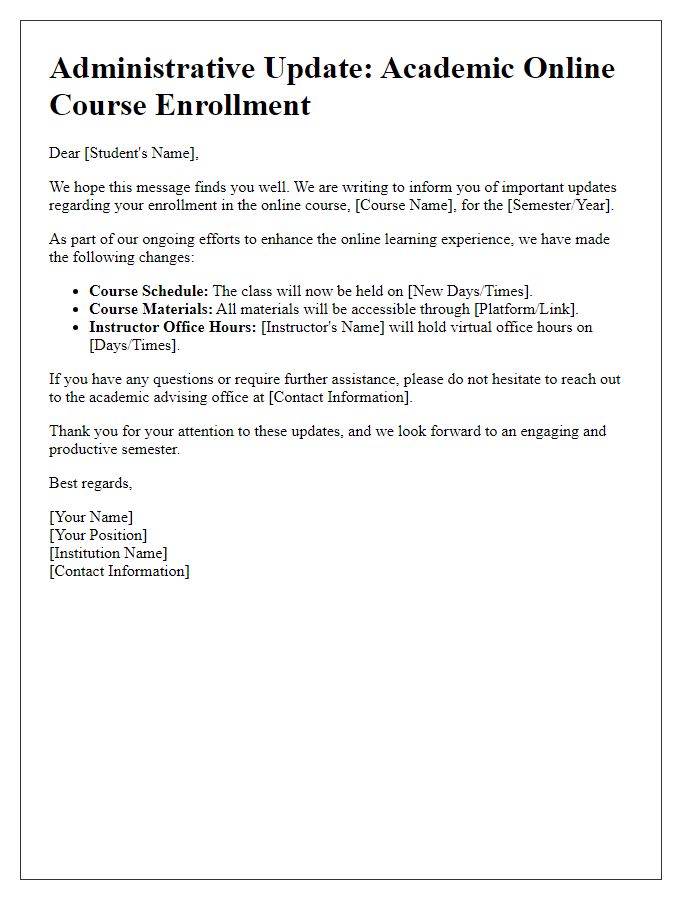


Comments